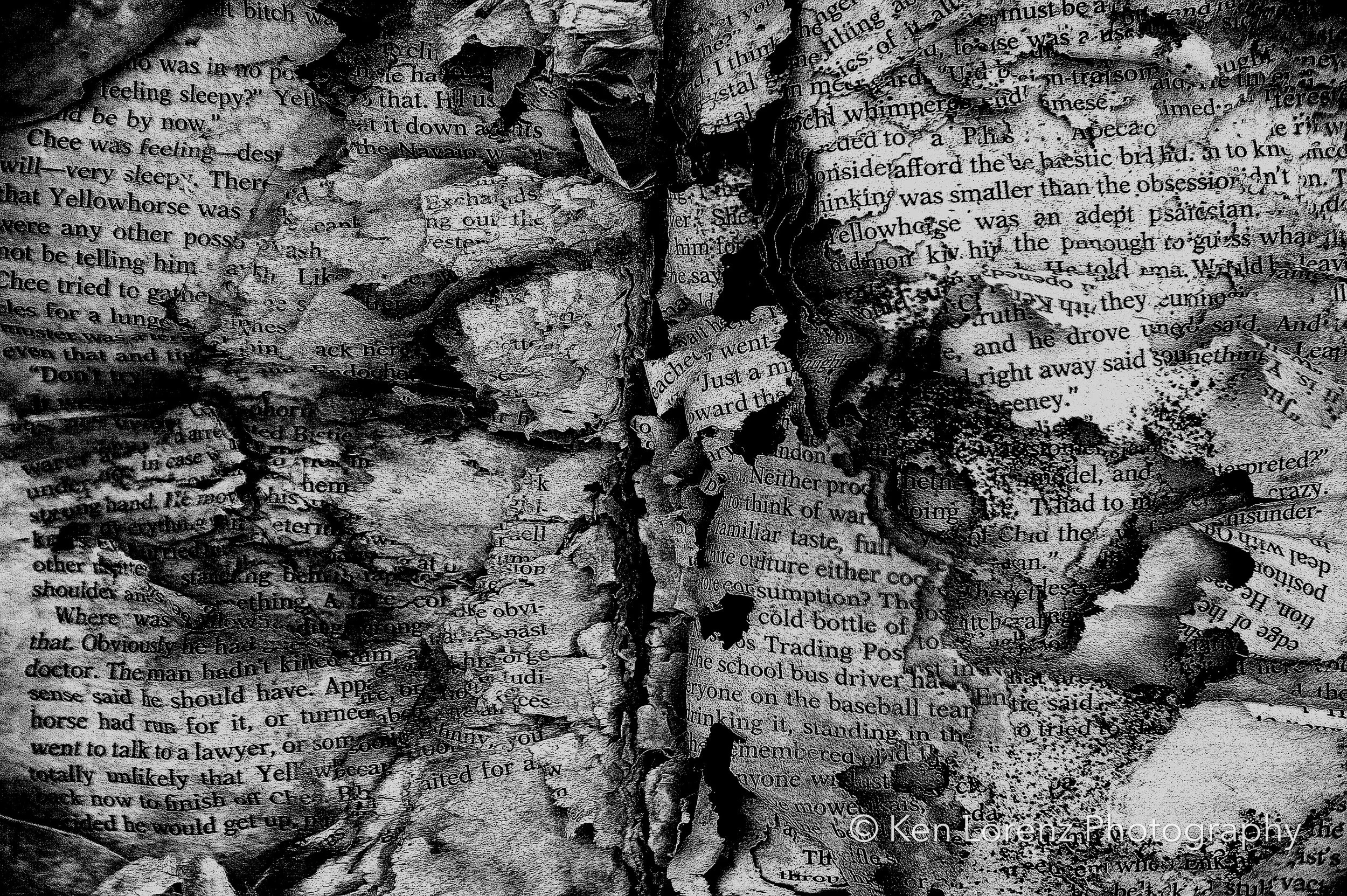About The Artist
Ken Lorenz is a fine art photographer seeking to capture identities, expressions, textures, shapes and people. His work is concerned with conceptual photography, and his art practice seeks to create images that challenge relational perceptions.
A retired Fine Arts educator, Ken has been making pictures for over four decades. He works primarily with monochrome film, and is an experienced darkroom specialist. His body of work is extensive, and is heavily influenced by Eugene Richards, Diane Arbus, Duane Michals, and Ralph Gibson.
“If you would tell me the heart of a man, tell me not what he reads, but what he re reads”
FRANCOIS MAURIAC
why photograph?
A personal viewpoint…
Truth be told, I’ve never fully understood the why of anything—least of all, my own obscure yet insistent motivations. And yet, despite that ambiguity, I’ve come to realize that the only work truly worth doing—the only work I feel capable of doing with any degree of conviction—is the work that focuses on what I care about or feel curious about.
In that regard, I suppose the why has been partially answered.
Looking at the world differently—searching for new perspectives, interpretations, and unseen connections—is what ultimately compels me to press the shutter. Photography becomes a way to challenge perception, to go beyond the surface of things and create something that didn't exist before.
Making art grants access to worlds that may be dangerous, beautiful, sacred, or sometimes even forbidden. It offers a kind of passport to the in-between—those liminal spaces where mystery lives. I’m drawn to what I call reflexive art: art that turns inward. It’s the kind of work that feels risky, subversive, spontaneous, complicated. And above all, it embraces uncertainty.
For me, uncertainty is not an obstacle—it’s the very essence of image-making. It's the space where real questions begin to form.
The work of Diane Arbus has been especially influential—not because of how she photographed, but what she chose to photograph. Her images are rough, raw, and often deeply unsettling. She’s known for her stark, unflinching portraits of people on the fringes of society—work that explores themes of identity, vulnerability, and the deeper layers of the human condition.
Like Arbus, I’m drawn to that uncomfortable edge—the place where things aren't easily defined. That’s where I find meaning. Or maybe more accurately, that’s where I lose the need to find it.
My personal library of photographic books is testimony to the admiration I have had and still to this day have for the old Masters; to name a few, Diane Arbus for illustrating that the human race is made up of a number of unique individuals; Robert Mapplethorpe for showing just how beautiful the male and female form is; Eugene Richards for his gritty photo essays.
